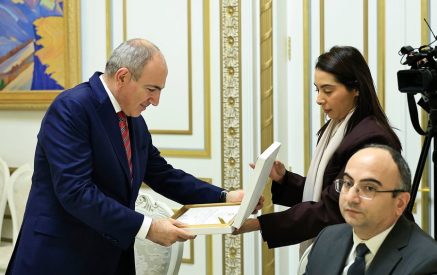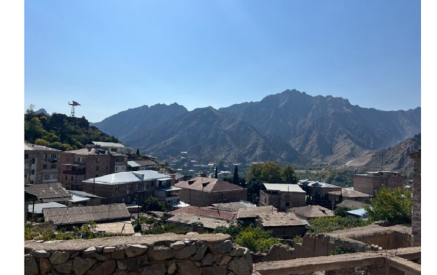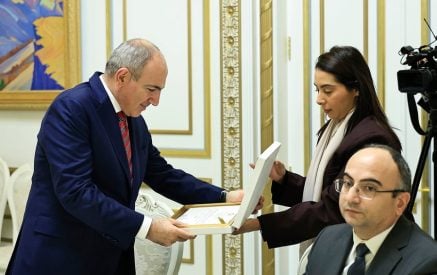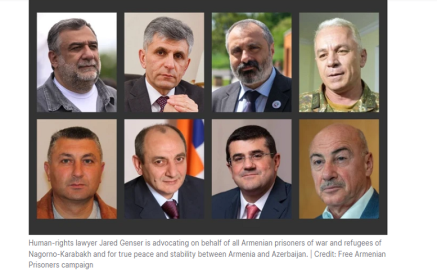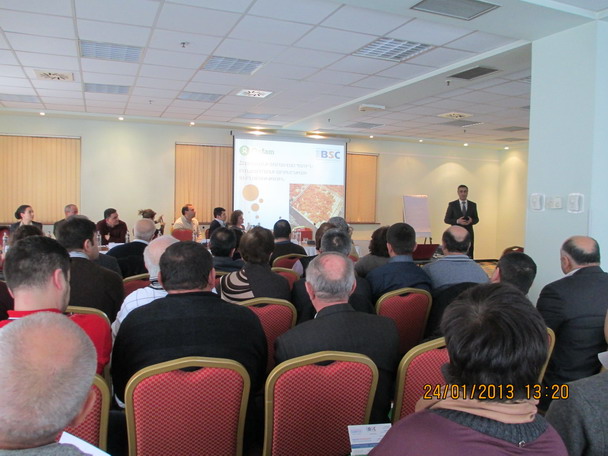Although the Armenian dried fruits are rather competitive in foreign markets in terms of taste, they are not such in terms of price. In particular, the Turkish dried apricots have conquered the European market, and the Armenian ones could be seen in few shops. According to the local producers of dried fruits, the reasons are multifold, from the lack of raw materials to the state policy.
Tigran Tsaturyan, the president of Chir (dried fruits), a company that has been on the market of dried fruits for 15 years, said during a conversation with www.aravot.am that apricot orchards in Armenia occupy roughly the same territory as in Turkey, whereas in Turkey, the production of dried apricots reaches 270 thousand tons a year, and in Armenia, only 100 thousand. Moreover, according to Mr. Tsaturyan, the end product in Turkey is much cheaper, than our product’s prime cost, and while exporting, for example, to export one container of apricots costs the Turkish businessmen €1 500, and the Armenians €5 500. And taking all this into account, the Armenian dried fruits are expensive and few.
According to Mr. Tsaturyan, there even are R&D centers in Turkey, which try to find new types of apricot for drying. In response to a question of www.aravot.am whether we wouldn’t lose the “Armenian Apricot” brand about which we regularly said that it was famous around the world, since the Turkish one was more widespread in foreign markets, Mr. Tsaturyan said: “We are already losing. One can come across dried apricots in Germany; it is written “Hamburg” on them, but it is also mentioned with small letters, ‘Made in Turkey.’ This company buys a lot of dried
fruits from Turkey; it brings them to its country, washes, packages, and sells them. The Turkish dried fruits account for 80% of the European market.”
Aghas Manukyan has been engaged in producing different dried fruits for 6 years, but he cannot export them, since the production is not big and he cannot increase it. During a conversation with www.aravot.am, Mr. Manukyan said that in the harvest period when he bought different fruits, he just didn’t have enough money to buy more; his business was just a means to earn his living and provide for his family more or less well. “If I had 2-3 thousand dollars more in the harvest period, I would increase my production, but there are no loans with low interest rates, even if I take a loan, they want a deposit.”
We met the producers with whom we talked in Congress Hotel, where the agricultural alliance convened a round table discussion with producers of dried fruit and vegetables, and the problems of the field were discussed. One of the businessmen who had attended the meeting stated that Armenian production accounted for only 50% of the local market; the other 50% was imported from Turkey and Persia. Moreover, the most part of that 50% is, as the participants of the discussion put it, smuggled, and since the local production is sold at high prices, consumers buy cheap imported goods. In order to solve this issue, the producers offer to increase the import tariff, or ask the government to find another rational solution, in order that the local producers get themselves on their feet.
Details in the video soon.
Nelly BABAYAN


















